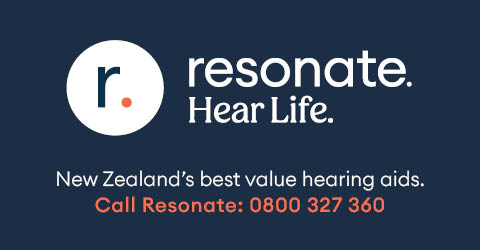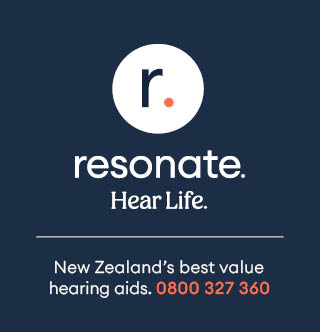New Zealand’s health system has a significant quirk when it comes to the treatment of hearing problems. In this country Audiologists are not required to be registered and this can cause serious accountability issues for patients.
Just ask Jeanie Morrison-Low at Kāpiti Hearing and she will explain the frustration felt by audiologists who are registered and want that standard applied to everyone.
“We set a very high standard and that is how it should be across the board,” says Ms Morrison-Low who has just taken on new registered audiologist, John Dobbs, who will work out of the Waikanae and Raumati clinics.
“John is superb and very well qualified and will be an excellent addition to the team,” says Ms Morrison-Low.
KCNews caught up with Dr Dobbs and asked him how he came to the Kāpiti practice.
“I was originally from down the road in Paremata and went to Victoria University. I went from there to the US and did a Masters degree at San Francisco State before completing my Doctorate at Salus University in Pennsylvania.
“After seven years in San Francisco, two years in New York and seven years in Philadelphia it seemed a good move to settle back home,” says Dr Dobbs.
He was recruited for Kāpiti Hearing by local firm Star People and says the move has been well received.
“I really enjoy working with Jeanie. She’s great, has loads of energy and is very passionate about her patients. My being here has reduced waiting times considerably and hearing loss can have such a profound impact on peoples’ lives it is important they be seen as early as possible.”
Dr Dobbs says it was the ability to make those changes that drew him to audiology.
“Being able to help someone who has hearing loss is very rewarding and the feedback is great. I have had people says thanks, it has made a big difference to my life and to my family’s life, and I see how relationships can be greatly improved by the work we do.”
Dr Dobbs says there are quite a few red flags relating to hearing loss. “Quite often people stop having conversations with friends and family because they can’t hear them properly. They might not go to meetings or movies because of hearing loss, but the fact is in the vast majority of cases it can be taken care of with the right treatment.”










































